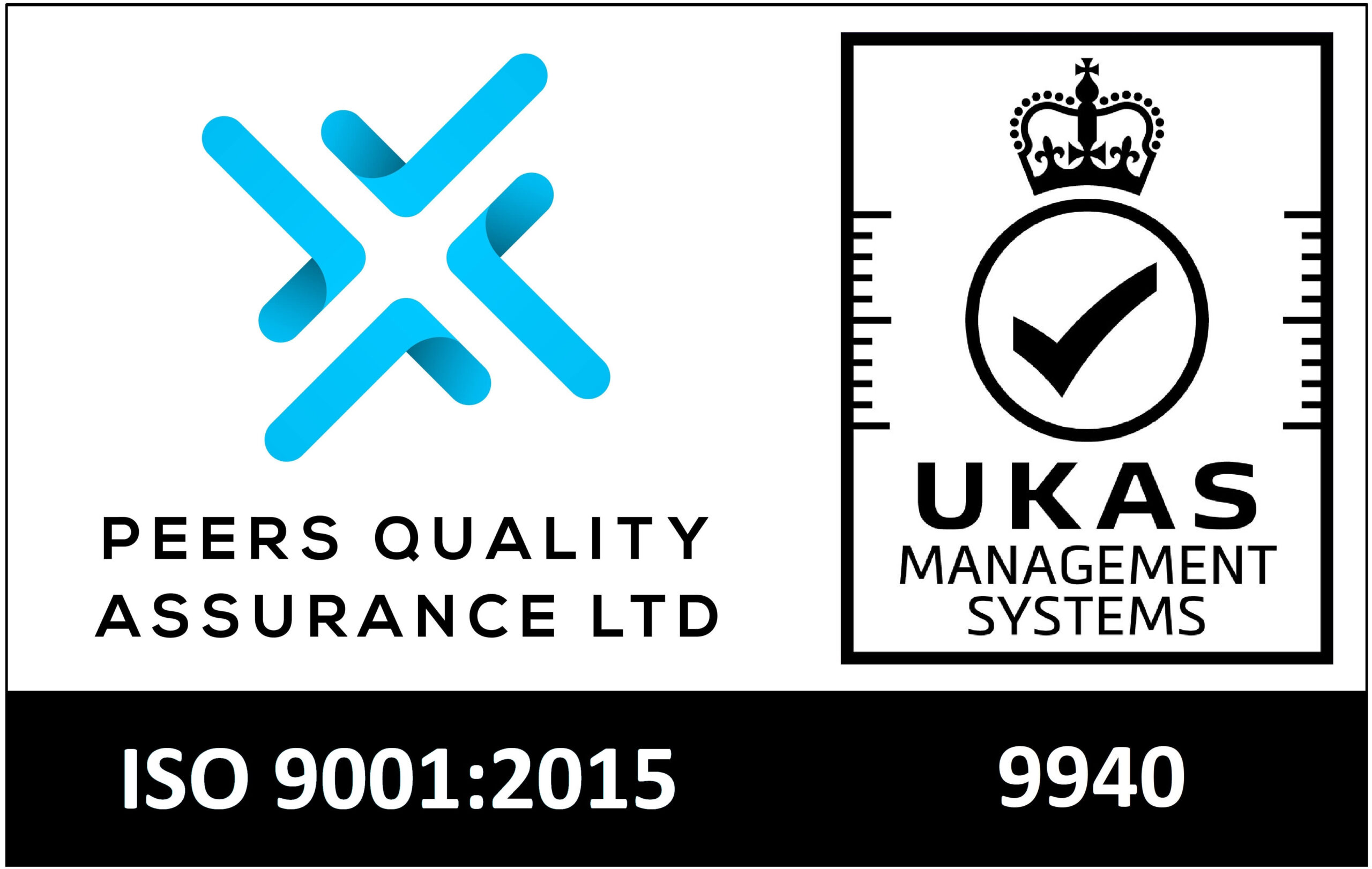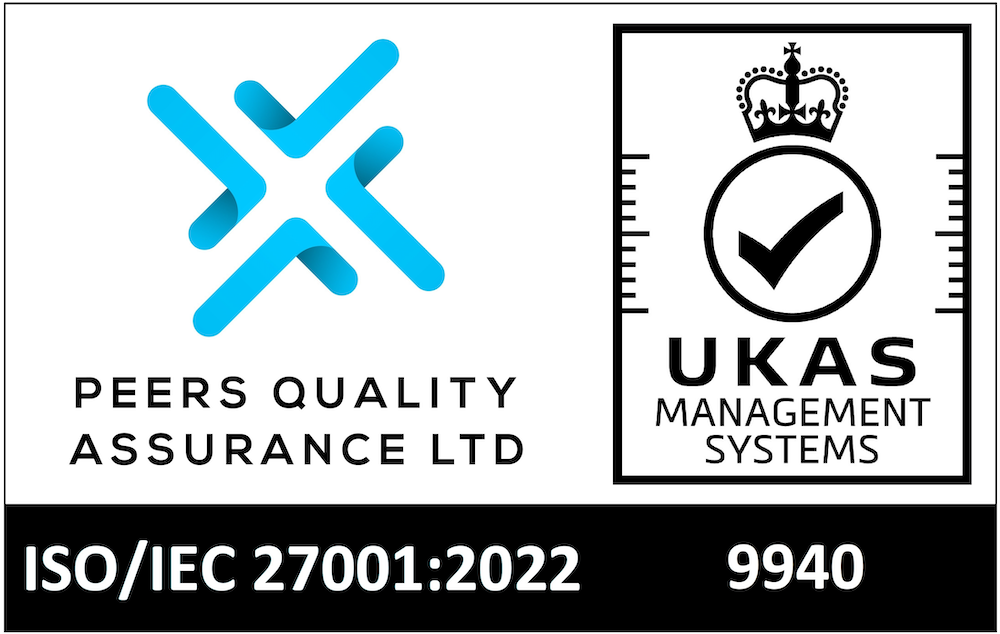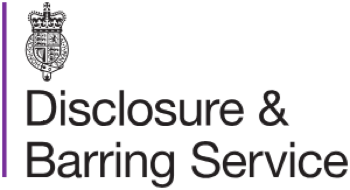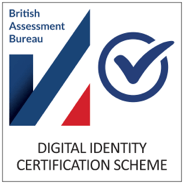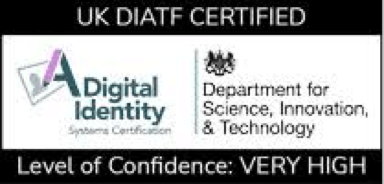Author: Joey Lyons
BS7858 Security Vetting
BS7858 is the UK standard for vetting of people employed in the security sector.
What is a security screening?
The BS7858 is a background check that scrutinises an individual’s employment history, alongside other checks. Set in 2012 by the British Standards Institution, the standard was updated in 2019.
In the UK, in the last 15 years, there have been developments in the area of background checks. One of these developments includes the BS7858 security standard.
BS7858 screening was introduced to ensure that standards are upheld. This helps ensure those employees working in sensitive areas, working in the interests of national security or with vulnerable people are properly vetted.
BS7858 Screening
In 2019, the old standard for vetting of security staff was withdrawn. It has been replaced with BS7858:2019 ‘Security screening of individuals employed in a security environment – Code of Practice’. The new standard replaced the former code with an updated view of how security employees should be vetted.
BS7858:2019 What has Changed?
Find out what has changed in BS7858:2019 standard.
The updating of the standard was regarded generally as a good thing within the industry. However, employers still face a tough set of requirements that industry specialist Checkback International is ideally placed to help you with.
BS7858 Vetting Requirements
- 5 years of employment verification
- 6 year credit search
- Proof of ID & UK right to work
- Proof of address
- A valid SIA licence or carrying out basic disclosure/ACPO
- Coverage of any 31+ day employment gaps
Employers are also required to open up a screening file for each individual. They must keep it for 7 years after the person has stopped working for them.
Having one single standard across the UK is very helpful. It means that the public can be sure that the security staff they come across have been checked. It also offers employers peace of mind, knowing that the people working for them have had employment background screening checks.
Reducing the risk in this way is vital for employers. Providing unsuitable staff to an event could put clients and the general public in danger and damage organisations’ reputations.
BS7858 Vetting Procedure
The standard also includes other pieces of UK legislation, such as the right to work. This is a requirement for all UK employers. This means that one check can be carried out for basic employment and security duties.
The standard also requires that breaks in employment of more than 31 days are fully explained. For most people, it could simply be periods of unemployment – like a gap year, a sabbatical or a period of studying away from the workplace. For others, however, a long period out of work could be a red flag, like a prison sentence or being held on remand.
Previously only 2 personal referees were required for this standard. Now, documentary proof is required. Utility bills, bank statements, and correspondence, including one character reference to cover a gap in employment.
There are a large number of items to check. Employee vetting is a fairly complex administrative issue. It is not easy to find and gather all of the information needed. This information must then be analysed correctly. This can prove problematic for smaller employers when they need to access external services, such as credit check firms. Smaller companies typically face higher costs as they tend to have a lower volume of service use.
In checking terms, a break in employment requirements can also cause problems. A common break that many experience is a return to work after a period of looking after young children. This will be revealed during this screening. They will need to explain their absence from the workforce and provide a personal referee. The amount of documentary evidence around the break is likely to be scarce if they have not claimed benefits during this time.
There are other fundamental issues that can emerge while undertaking the BS7858 standard. One of these is the reliance on documentary evidence.
Let’s imagine a UK national that spends 3 months in a Spanish prison. While they have a council tax bill for their property, as it is issued annually, and utility bills, it is unlikely that someone would write a false personal reference for them. What would a small company do in this instance?
It is also possible that someone may be acting as a carer, living-in with a relative. The carer does not pay any bills. They may have no outside acquaintances available to write a reference. In this case, the person could be unduly discriminated against due to the lack of paperwork. How would an HR department approach this set of circumstances?
Undertaking BS7858 checks is not a simple process and this is especially true of small and medium-sized companies with small HR departments. Outsourcing background screening checks to an experienced company like Checkback International means that we will deal with any problems as they arise. We will always advise of red flags that appear. Checks from Checkback International are always fully compliant.
Speak to our BS7858 Specialists today or Request a Callback.
What is BS7858?
This is a British Standard that provides best practice recommendations for the security screening of individuals employed in a security environment. It sets out the requirements for the vetting process to ensure that staff are screened and vetted to a high standard.
How does BS7858 relate to credit scores?
As part of the screening process, an individual’s financial background may be checked, which can include their credit score. This is done to assess their reliability and integrity, especially if they will be occupying positions where financial responsibility or handling sensitive information is involved.
Is compliance with BS7858 mandatory by law?
Compliance with BS7858 is not legally mandatory; however, it is considered best practice and many organizations adopt its guidelines voluntarily as part of their internal policies. Some industry regulators or clients may require organizations to adhere to this standard as part of contractual agreements.
Who oversees the regulation and updates of BS7858?
The BSI Group (British Standards Institution) oversees the creation, regulation, and updating of this standard along with other British Standards. They ensure that it reflects current best practices and legal requirements related to security screening.
Are there any specific sectors where adherence to BS7858 is considered essential?
Adherence to this standard is particularly important in sectors where employees have access to sensitive information or secure areas, such as within security services, aviation, finance institutions, healthcare systems, government agencies and some IT firms. Companies providing private security services often require meeting this standard as part of industry accreditation processes.

